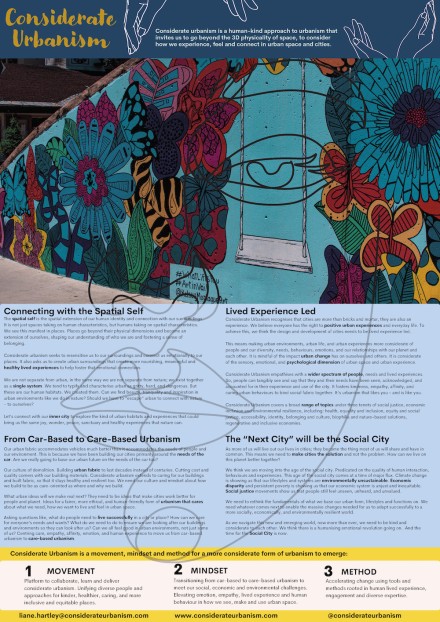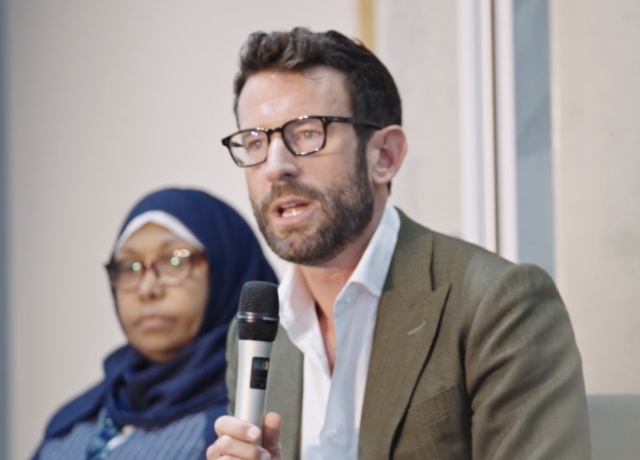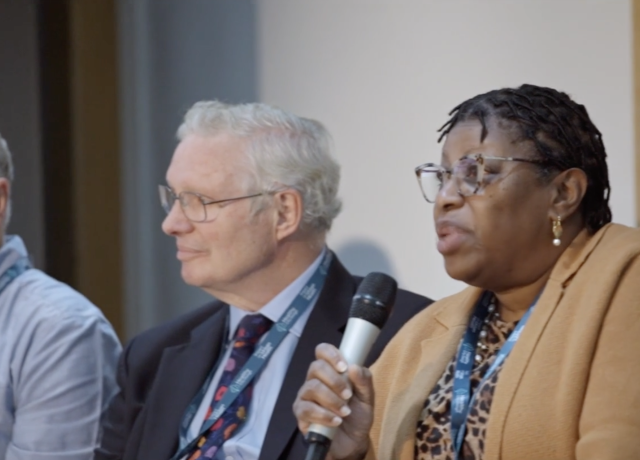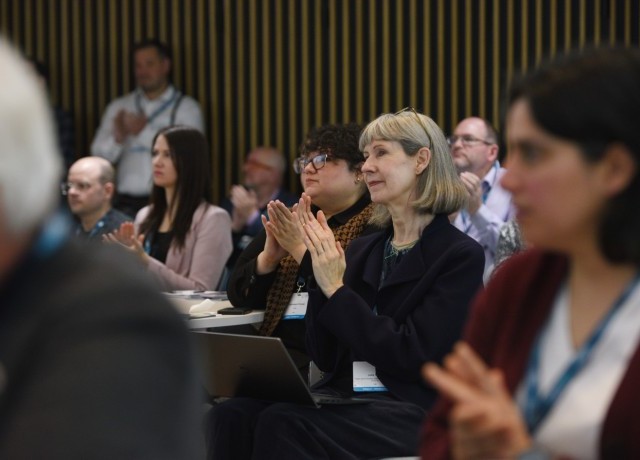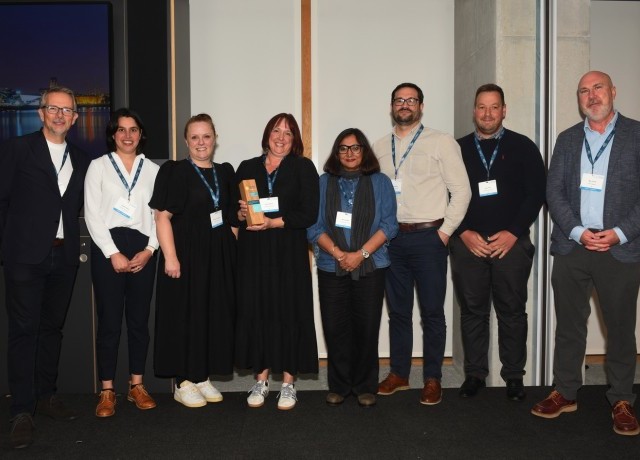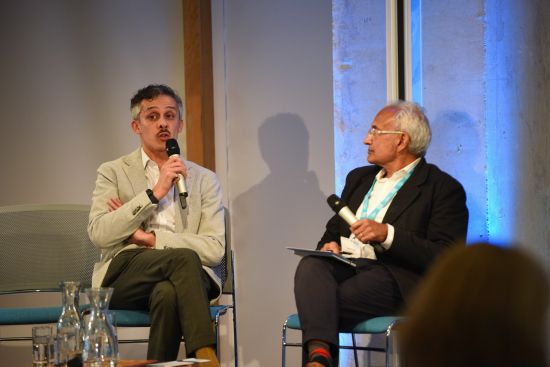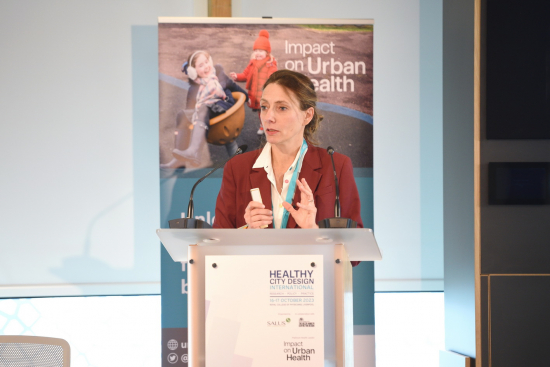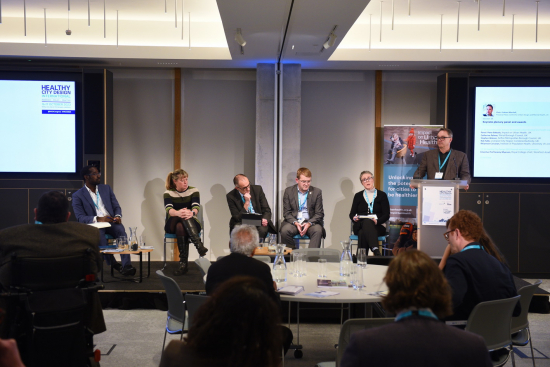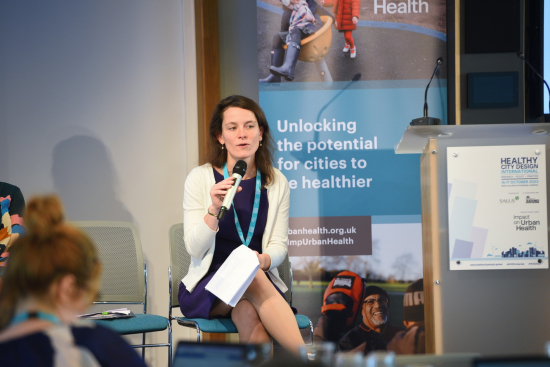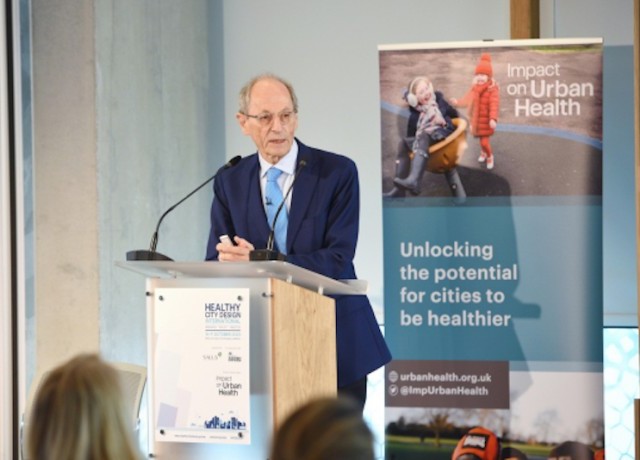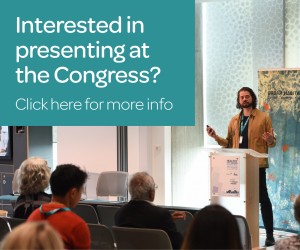Towards a framework for Considerate Urbanism: Centring care, empathy and lived experience in the production of urban space and urban experience
Abstract
We urgently need to transition to a different model of living, existing, and producing on our planet. Climate change shows our lifestyles and systems are fundamentally unsustainable. Economic disparity shows our economic system is unjust and inequitable. Social justice movements show us that people still feel unseen, unheard, and unvalued.
‘Considerate Urbanism’ (CU) is a human-kind approach to urbanism, inviting us to go beyond the 3D physicality of urban space, to consider how we experience, feel and connect in cities. It’s sensitive to the spectrum of different lived experiences and needs in cities and the complexity of everyday life. It’s about the right to have a positive urban experience. This focus on the human dimension of cities is badly needed. The very shape our urban fabric takes better accommodates vehicles than the needs of people and our environment.
CU is rethinking the fundamentals of our urban form, lifestyles and functions to prioritise positive and healthy human interaction and connection as the key fundamental, to create urbanism for all and move us from car-based urbanism to care-based urbanism. CU’s tenets of social justice, economic inclusion and environmental resilience includes health, equality, inclusion, accessibility, identity, belonging, culture, and regenerative and inclusive economies.
Fostering CU is a systemic and emergent approach that needs to happen on multiple levels, across multiple disciplines and stakeholders, with a variety of lenses and timescales. It’s a process, a state and a mindset. Our Seven Cs framework helps weave tangible activities and action from this complexity. The framework is flexible enough to apply to a project, space, a whole city or its infrastructure:
• Considerate framing – focus for CU application and what CU means in this context;
• Considerate process – ensure the process, engagement, narrative and tools are considerate;
• Considerate results – ensure outcomes, outputs, legacy and deliverables are considerate;
• Considerate experience – generating considerate lived experiences for people;
• Considerate behaviours – behaviours and interactions to create resilient social fabric and healthy communities;
• Considerate future – enables transition to the “next” care-based city; and
• Considerate impact – overall impact and different types of value it creates.
As we navigate our transition to a new and emerging world, we need to be kind and considerate to each other. However, as our structures and systems change to address the challenges we face, our cities will bear the strain of their development, form and function being built on concepts (e.g., cars and capitalism) at the point of concept fatigue. It’s time to build a new and more considerate basis for our shared urban future.
Mend involves using planning, development, design, and procurement processes to make more socially responsible decisions and help generate better social outcomes and urban experiences for stakeholders by seeing the “Community as Client”
Learning objectives
- To learn about the concept of ‘Considerate Urbanism’ (CU).
- To understand how the Seven Cs framework can apply to a project, space, a whole city or its infrastructure.
- To learn why we need to transition to a different model of living, existing, and producing on our planet.
Presenters

Event news
Investing in urban renewal and health equity
21st March 2024
Health equity: Marmot Cities
20th March 2024
Housing and health equity
20th March 2024

